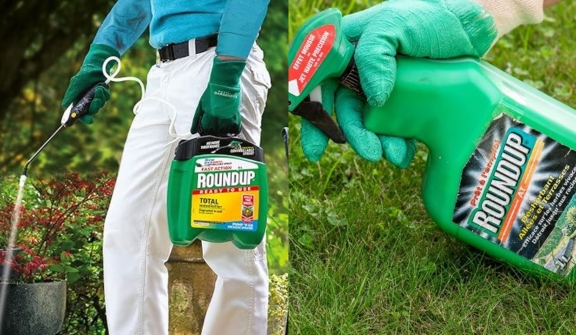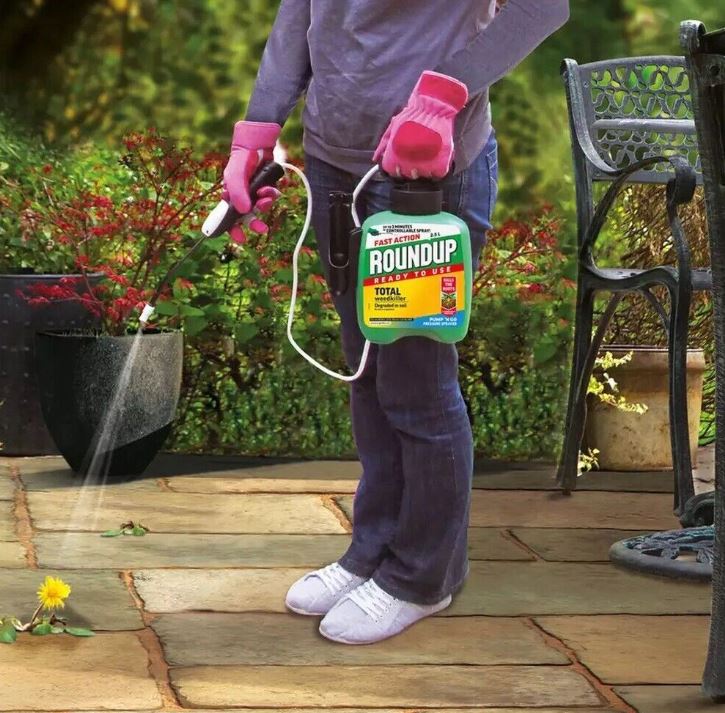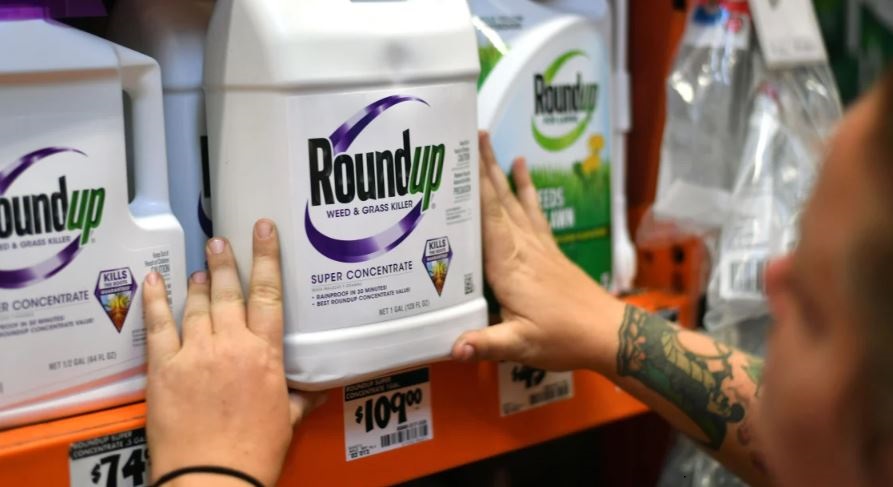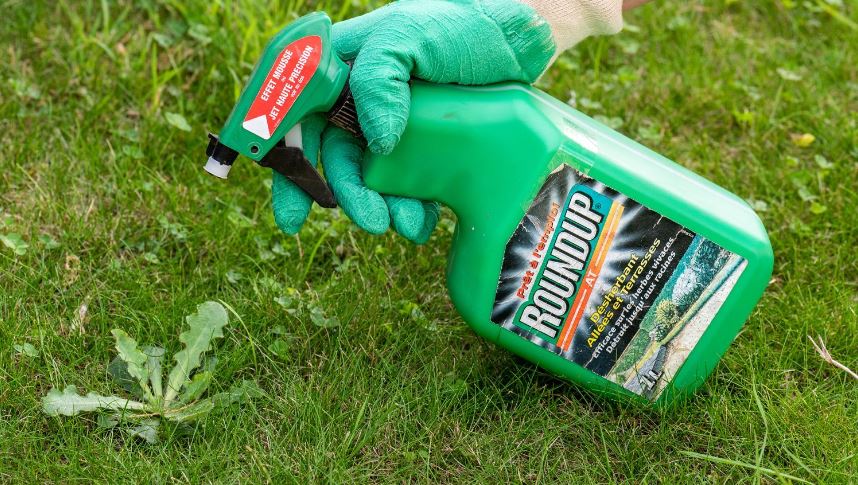
According to reports, a customer named John McKivisoin was diagnosed with non-Hodgkin lymphoma after using the product from Monsanto.
John McKivison subsequently sued the manufacturer of the herbicide Roundup. He believed it caused his cancer.

On January 26, the case was heard in court. McKivison appeared to have won when a Philadelphia jury reached a unanimous verdict, according to the jury.
They claimed that Roundup 'is a defective cancer-causing product, that Monsanto was negligent, and that Monsanto failed to warn about the dangers' of the glyphosate-based weed killer.
Plaintiffs' attorneys claim that a Pennsylvania jury issued a $2.25 billion verdict against Monsanto and its parent company, Bayer AG, after determining their Roundup herbicide product caused cancer in humans, according to a trial.
According to the attorneys with Kline & Specter Law, in a statement on Monday, John McKivison, 49, who was diagnosed with non-Hodgkin lymphoma, sued the company. He claims he developed cancer after using Roundup on his property for two decades.

According to the law, the jury's verdict Friday in the Philadelphia Court of Civil Claims, which includes $2 billion in punitive damages, concluded that Roundup "is a defective, cancer-causing product and that Monsanto's negligence and Monsanto's failure to warn of the dangers of the herbicide."
According to McKivison’s attorneys, Tom Kline and Jason Itkin, said in a statement, “The jury’s unanimous verdict was a condemnation of 50 years of misconduct by Monsanto and a declaration that its misconduct was in reckless disregard of human safety and a substantial cause of John McKivison’s cancer,”

Bayer, the company that acquired Monsanto, has expressed its intention to appeal the verdict. They claimed that the unconstitutionally excessive damage award" can be eliminated or reduced.
In its statement, Bayer asserts that its product can be safely used and is not carcinogenic, aligning with the assessments of expert regulators worldwide.
Despite the controversy, Monsanto has continued to sell the herbicide. The company maintains that Roundup does not cause cancer and disputes the findings of the International Agency for Research on Cancer (IARC), highlighting the abundance of studies that suggest glyphosate's safety




